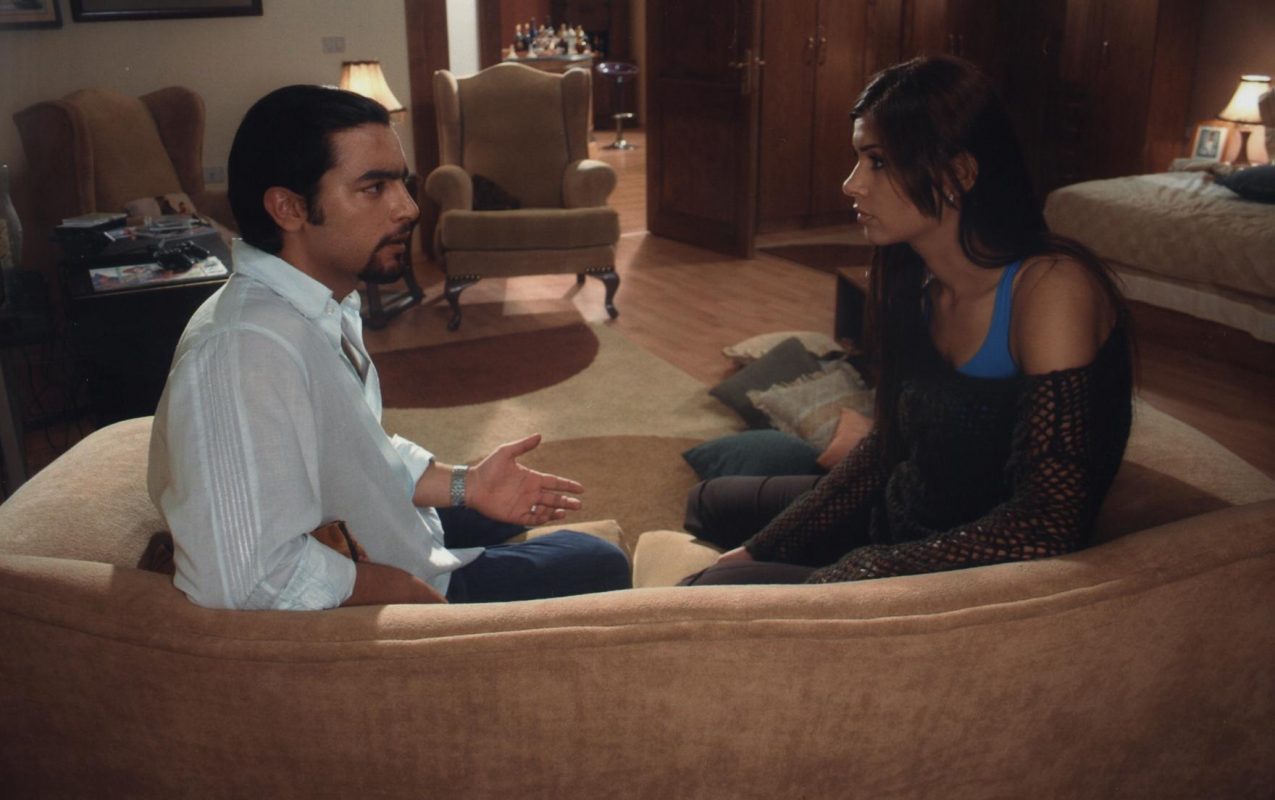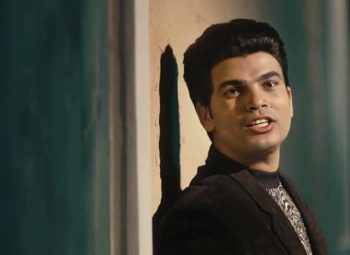Honour killing, a grim reality ingrained in cultural and societal constructs, has long been a subject of condemnation worldwide. Within Arab cinema and drama, the endemic issue has been criticised for decades. From iconic films to gripping TV series, Arab filmmakers and writers navigate the intricate web of honour, morality, and gender dynamics. With the second season of Al Rawabi School For Girls having just premiered and the show’s tribute to victims of honour crimes worldwide, here are five Arab movies and series that spoke up against the harrowing phenomenon.
Al Rawabi School for Girls
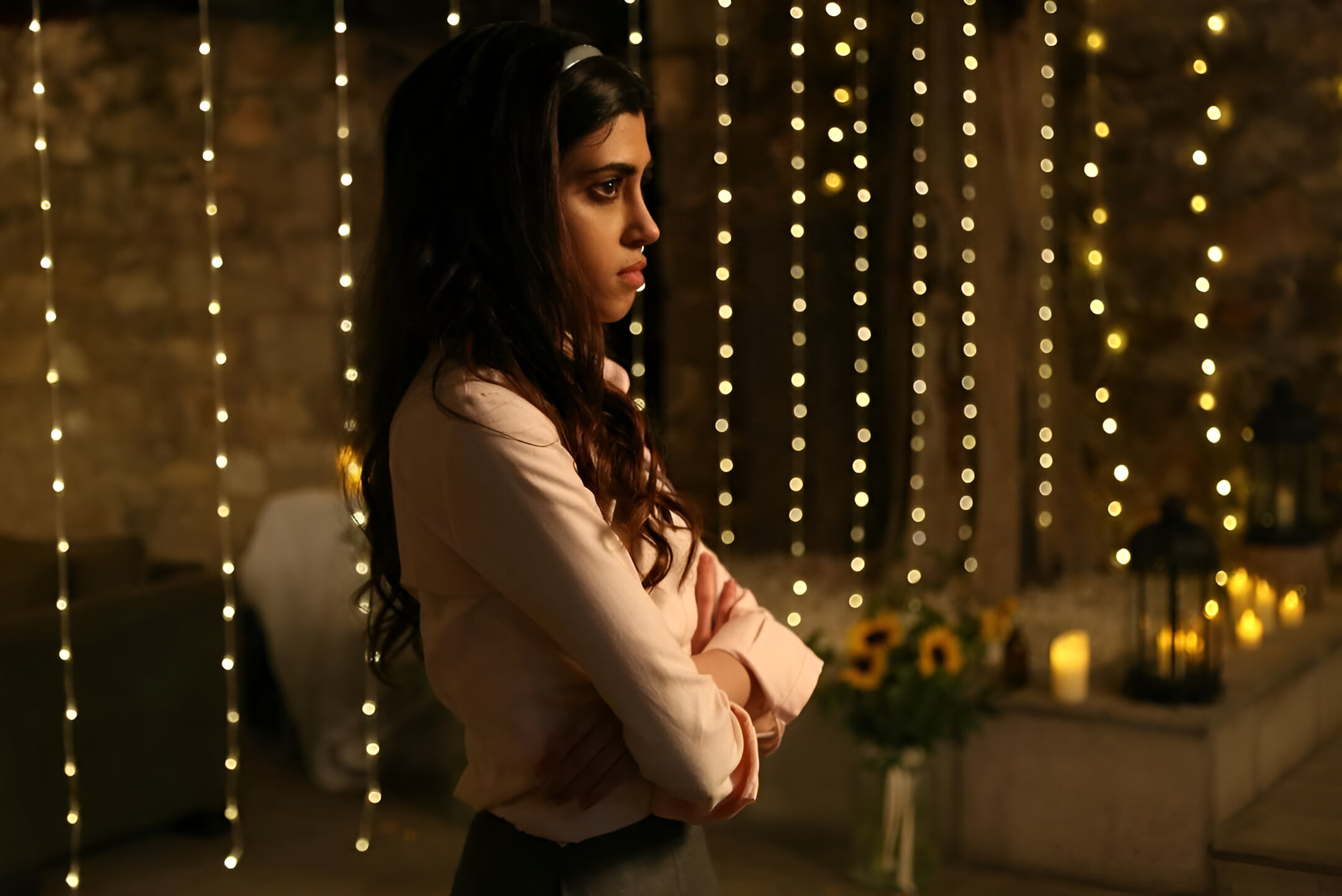
As seen across TikTok the past week, Al Rawabi School For Girls’ first season ended with a harrowing cliffhanger. We only discover in the second season that Layan was, as we suspected, indeed killed by her brother for the sake of the family’s honour. The show shed light on honour killings in the most gut-wrenching way and emphasised how they continue to happen regularly.
Kheyana Mashrua
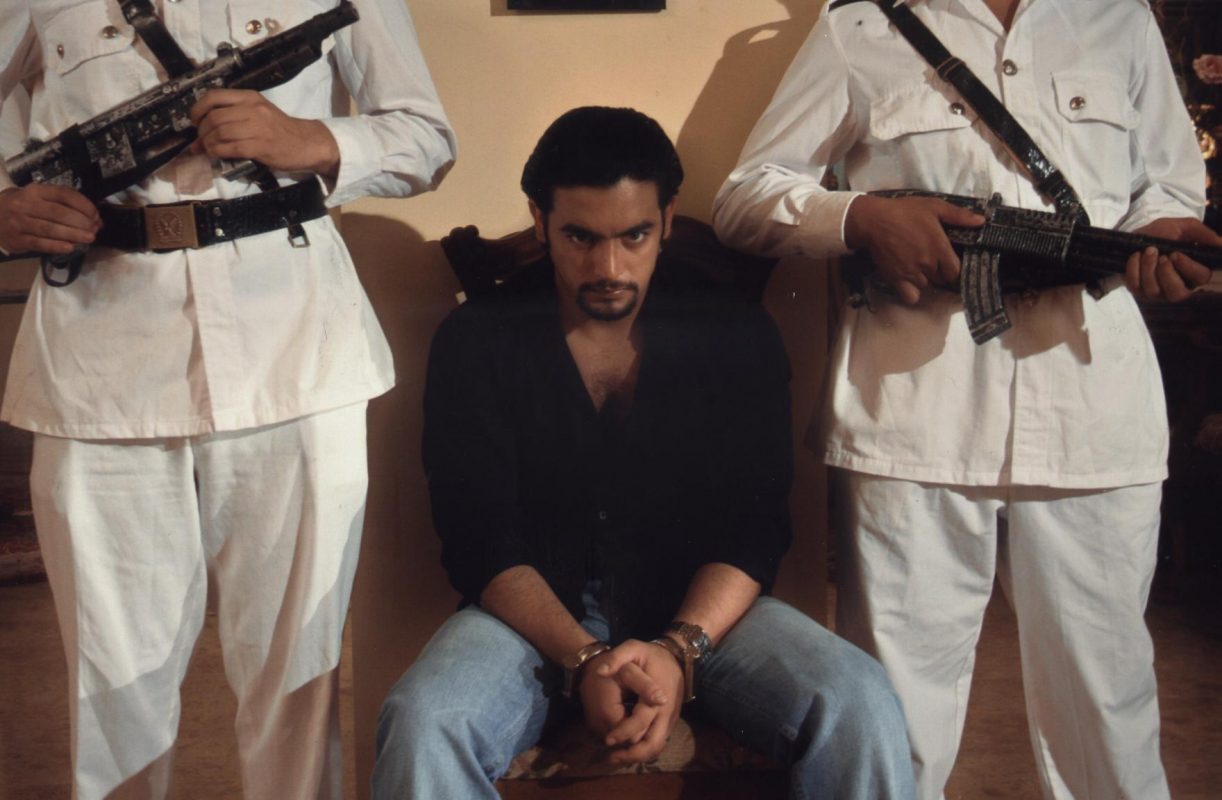
Starring Hani Salama, the film depicts Hisham El-Bahiri, who evades prosecution after murdering his wife and brother after finding out that they were having an affair. As the events pass, it’s revealed that El-Bahiri fabricated their betrayal to reclaim his inheritance from his father. As the truth unfolds, the motives and rightfulness of honour crimes (and laws surrounding them) are questioned.
Hades Sharaf
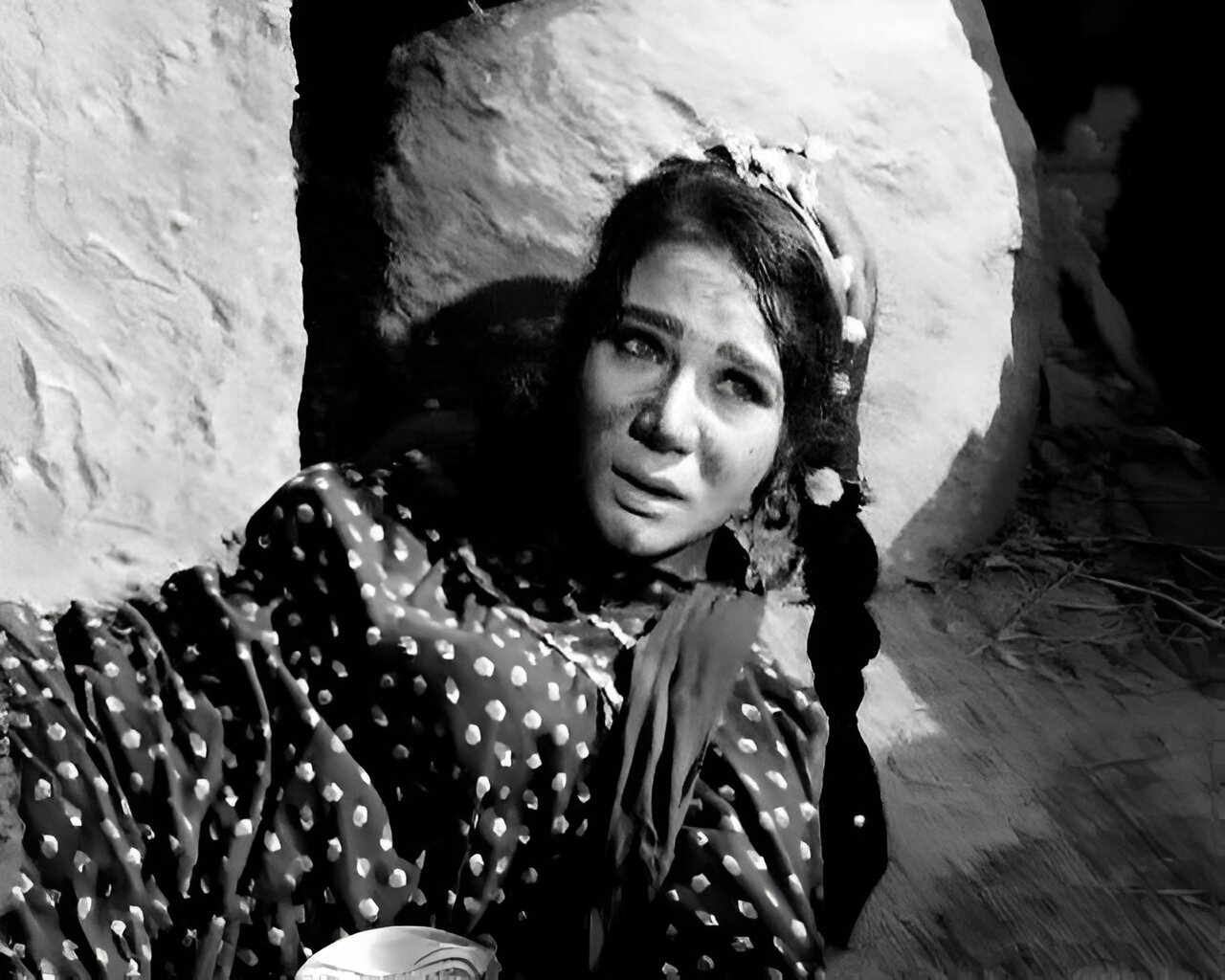
The 1971 Egyptian drama film, based on a story by the renowned author Youssef Idris and directed by Shafik Shamiya, stars Zubeida Tharwat, Youssef Shaaban, Mohsena Tawfik, and Hamdi Ahmed. The plot revolves around Fatima (Zubeida Tharwat), a girl of extraordinary beauty living in a small village. False accusations of rape tarnish her reputation, leading the villagers to demand proof of her virginity, despite her innocence. She eventually faces no other choice but to get her virginity tested, revealing the unforgiving nature and hypocrisy of our communities and showing the psychological and physical harm which can come of those norms, often leading to women’s deaths.
Jamila
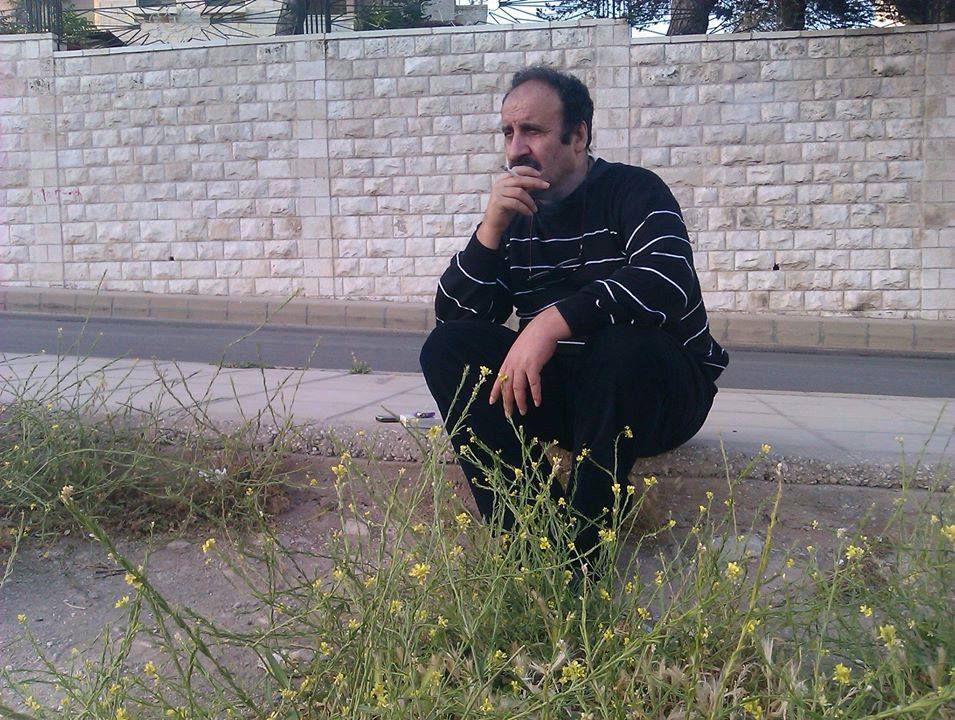
Director Faisal Al-Zu’bi’s 2006 film Jamila fearlessly delves into the societal issue of honour crimes. It depicts the tragic consequences of baseless suspicions and entrenched ignorance. The story revolves around Jamila, falsely accused of being pregnant outside of marriage due to an acquaintance’s jealousy. Her family, led by Abu Omar, chooses to eliminate her to preserve their honour. Jamila’s innocence is revealed by a journalist, laying bare the injustice of her murder. The film confronts outdated beliefs and the tragic consequences of unchecked prejudice.
Doaa El Karwan
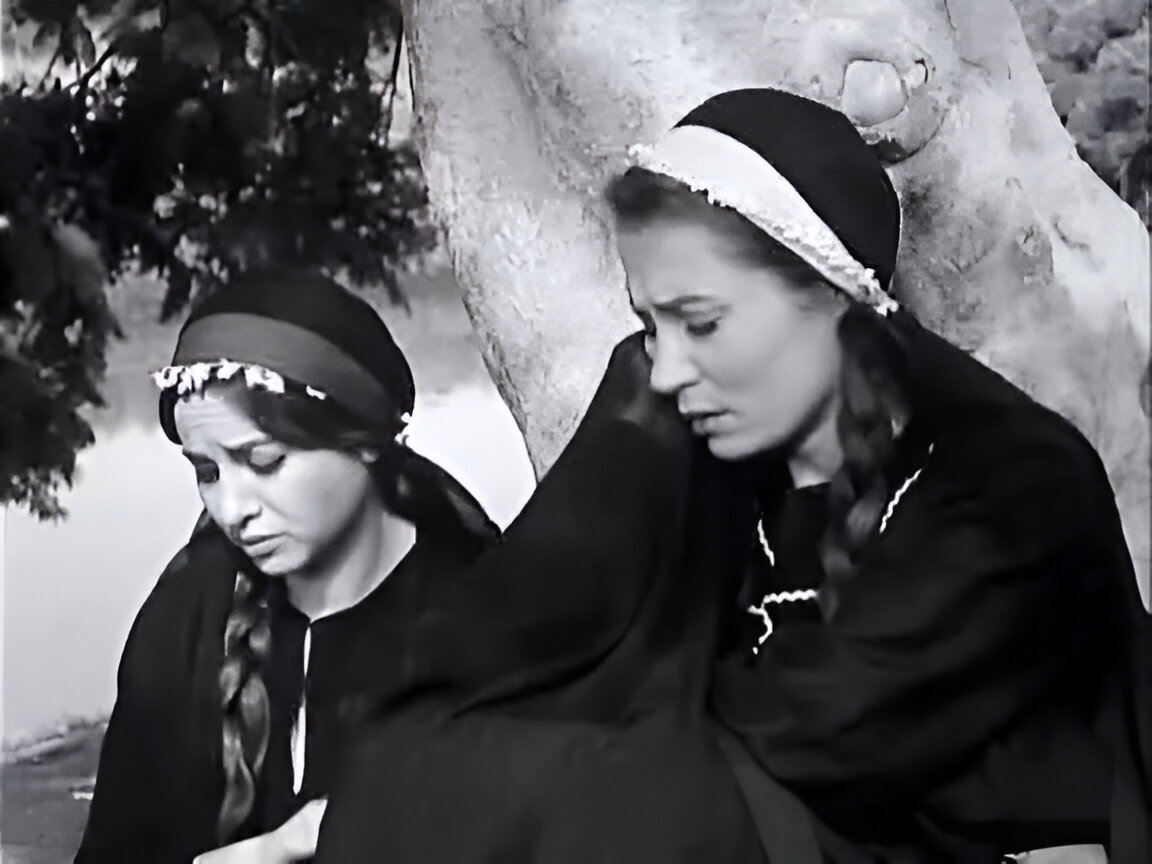
Delving into the issue of honour killing, the movie is adapted from Taha Hussein’s novel, starring Faten Hamama, Ahmed Mazhar, and Amina Shafik. The film unravels societal contradictions and criticises widespread norms harming women. Hanadi is killed by her uncle upon discovering her relationship with the engineer she works for, which sets the narrative in motion. Her sister Amna then takes matters into her own hands, seeking vengeance.

